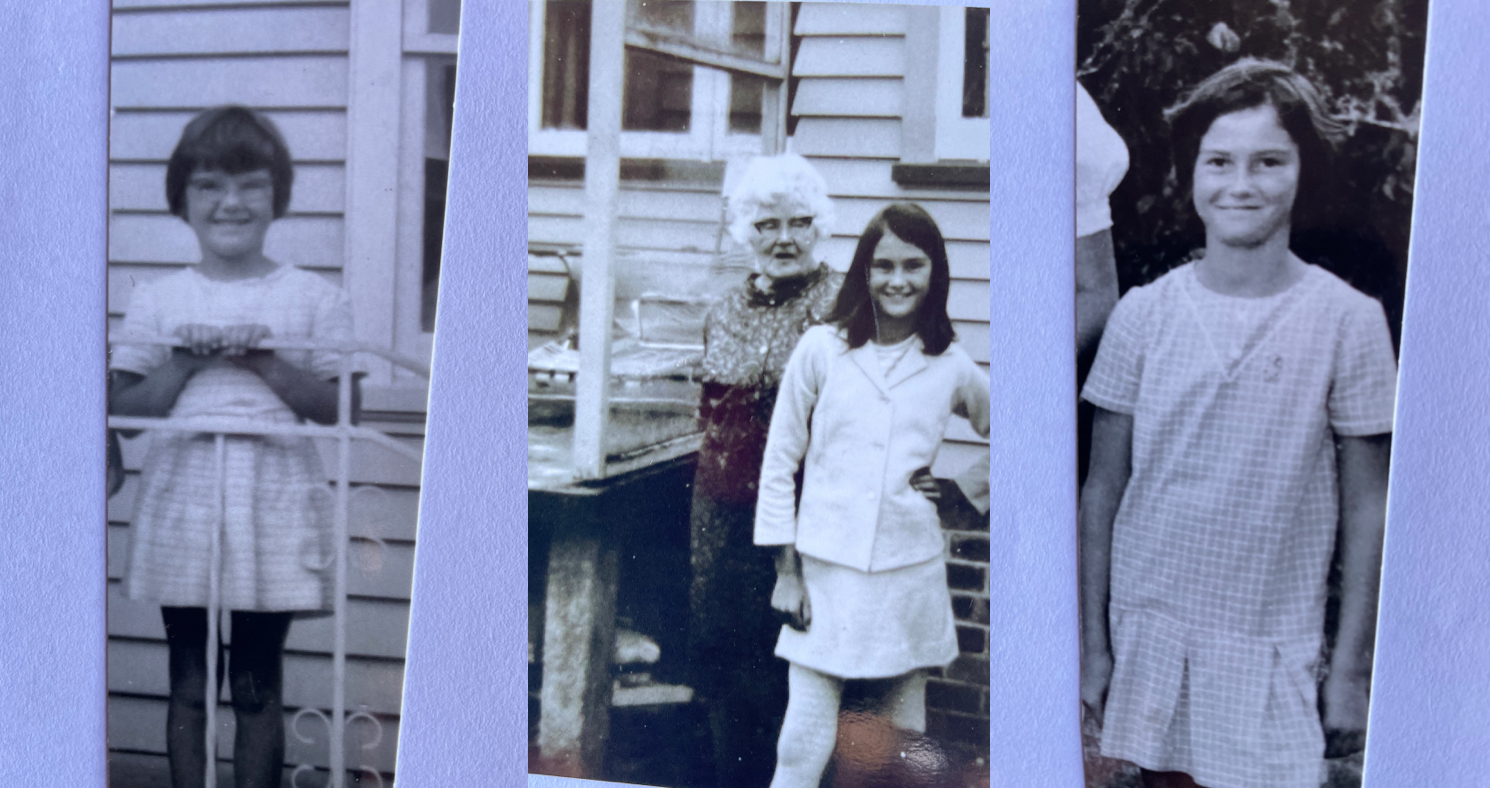
By Torri Myler
The wage gap is always a hot topic. Whether you’re a politician in search for media coverage or a feminist settling for the easiest argument supporting gender equality ever, the gender pay gap is your best solution. But what does the reality of wage gap actually look like? That mostly depends on your perspective because it’s one thing to browse recent statistical data an another to live through the humiliation yourself. Here’s what I learned about gender pay gap myself.
Objectively speaking, women never had it better than right now. Looking at statistical data generated for countries like the United States and the United Kingdom, things seem to look bright for working women.
According to the Office for National Statistics of the UK, women between the ages of 22-29 earn 1.1% more on average than their male colleagues. The same goes for women between the ages of 30-39, who were also noted earning more than their male counterparts.
A different research study showed good evidence that following the same career path in the UK, women tend to earn more than men and even out-perform them. Some experts claim that in specific hiring environments employers tend to promote women more aggressively than men. UK women are especially privileged when it comes to the wage gap – after all, the British gender pay gap has recently fallen into its lowest point ever – 9.4% (from last year’s smashing 10%).
But what can we make of it when a statistic like this one from Eurostat comes up, claiming that Britain has in fact the sixth-largest pay gap between men and women in the European Union?
The truth is that the wage gap is still there and it’s especially visible in high-prestige and traditional sectors which even today are dominated by men. Considering men as better leaders is still a strong cultural trend – when it comes to leadership positions, women are definitely a minority. How many Marissa Mayers have you seen guiding international organizations? That’s right, not that many.
When facing such data, we naturally try to determine a rational cause for women being paid less than men. I’ve heard many different suggestions: that women are influenced by the current culture to choose low paying jobs (and not even realizing how they’re manipulated), or that they simply choose to earn less because they want to focus on other areas of their lives (which is a veiled way of stating the usual reason – their universal responsibility of raising a family).
But what does the wage gap mean for an individual? I believe that it’s the stories of women who have suddenly become aware of its existence that offer the best picture of the situation. It’s not that employers want to pay women less – it’s more about the social consensus and about what the female quality means. It’s feminine to be modest and caring, but earning or being aware of one’s professional value is not. Here’s what I learned about the wage gap during my career.
My very first professional experience clearly indicated the position of women on the job market. Straight out of college, I got an interview at an interesting company and swiftly accepted the job – it’s not like a recent college grad can choose.
I went with the suggested salary and was happy to have my very first entry-level job. I didn’t know you could negotiate – a fact which became clear to me once I learned how much a few of my colleagues were earning and they didn’t even have the required level of education. And you guessed right, they were all men – evidently strong and brave enough to negotiate their salaries.
I’ve learned my lesson and as I changed my employers, climbing the career ladder in my field, I’ve become convinced that I’m finally able to fight for my worth. Little did I know about surprises waiting for me along the way.
After a few years of working in the field and earning my name in the sector, I was headhunted by a great employer and offered a position. The salary was satisfactory and the employer notified me that they didn’t negotiate pay. I’ve grown to appreciate clear rules and, undeterred by the notification, I plunged right in.
After five years, the company was forced into bankruptcy and all employees had to go through bankruptcy court to get their final paychecks. I naturally went in for mine and accidentally had a look at the court’s list of claims. At that moment, I wished I didn’t.
People whom I supervised had larger claims for their two weeks of pay than I did. This time, it wasn’t about men and women – it was about women versus the culture, that strong cultural narrative which still deprives women of their agency as it promotes societies which don’t acknowledge it.
That’s why I think that forcing transparency policies on companies and making them unveil the existing practices in wage assignation is just a part of the story. The larger and more important aspect of the gender pay gap lies in our culture which unfortunately requires lots of time and effort to change.
We need a culture which demands that sexism is removed from the realm of professional lives of men and women. We need to take a closer look at ourselves and our colleges, and question how many women are truly satisfied when making their career choices. How many of them are happy to take time away from their careers and dedicate themselves to family life.
Ultimately, such task will require us to carefully re-examine our lifestyles and traditions – it’s going to be very hard and very uncomfortable, but, as I’ve grown to learn, very much worth the trouble.

Torri Myler is a team member at BankOpening.co.uk – a UK bank branch finder. She is a feminist who is doing her best to make the world a better place for women. She regularly lectures on how the Internet and New Technologies are capable of empowering women both professionally and personally.

















2 thoughts on “What I Think About The Wage Gap After Learning I Was Paid Less Than Male Colleagues”